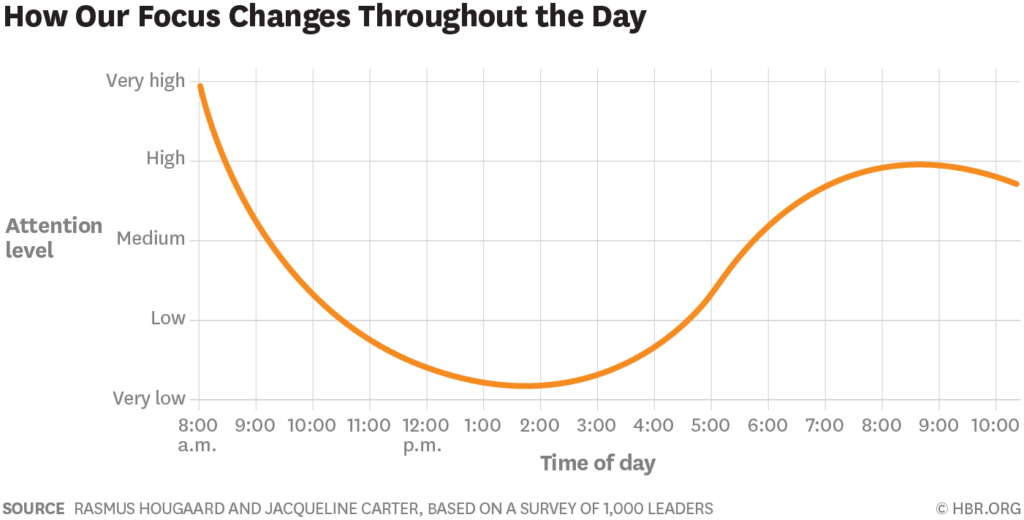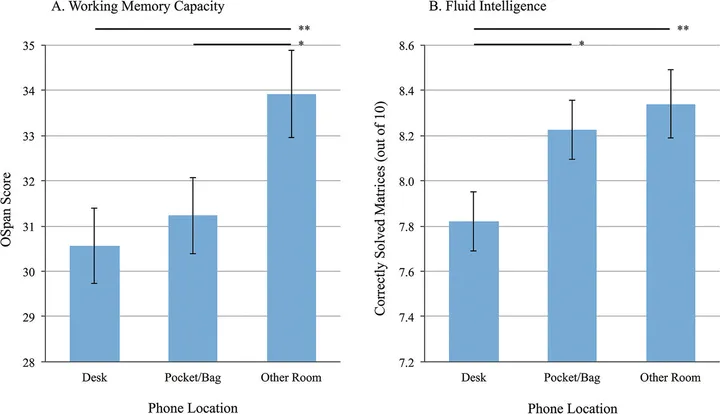This observation reflects a growing concern in our digital age. The constant barrage of notifications, emails, news updates, and social media feeds can overwhelm us and cause significant distraction. This can lead to difficulty focusing, stress, and even decreased productivity.

Managing and controlling distractions effectively will indeed be an important skill in the future, possibly even a competitive advantage in both personal and professional life. Here are a few strategies to achieve this:
- Mindfulness and Meditation: These practices can help improve concentration and focus, reducing vulnerability to distractions. They can also reduce stress and promote overall well-being.
- Time-Blocking: This involves scheduling specific time slots for different tasks or activities throughout the day. During these time slots, all other activities and distractions are deliberately avoided.
- Technology Detox: Regular breaks from technology (smartphones, computers, etc.) can help restore focus and reduce dependency on digital devices.
- Prioritization: Knowing what is most important and needs immediate attention can help focus energy on those tasks instead of being distracted by less important ones.
- Healthy Habits: Regular exercise, a good diet, and plenty of sleep can also contribute to better focus and attention.
- Digital Tools: Ironically, certain digital tools and apps can also help control distractions, by blocking distracting websites, managing notifications, or promoting more focused work methods (like the Pomodoro technique).
However, we should also consider that distractions are not entirely bad. Some distractions can provide necessary mental breaks and stimulate creativity. The key is to strike a balance and control distractions rather than letting them control us. The future will likely see a greater emphasis on managing attention and controlling distractions in both education and workplace training.

To take an intentional distraction can be beneficial and is actually an important part of maintaining productivity and mental health. Sometimes, your brain needs a short break to refresh and recharge. Here are some ways that intentional distractions can be helpful:
- Mental Rest: Just like your body, your mind can get tired after long periods of intense focus. Allowing yourself a short, controlled distraction can provide your brain with the rest it needs to maintain productivity throughout the day.
- Stress Relief: Engaging in a distracting activity that you enjoy, such as reading a book, listening to music, or taking a walk, can help reduce stress and improve mood.
- Creativity Boost: Some research suggests that allowing your mind to wander can boost creativity by encouraging divergent thinking. This means that intentional distractions could help you come up with new ideas or solutions.
- Preventing Burnout: Regularly allowing yourself time to relax and engage in enjoyable activities can help prevent burnout, which is a state of physical, emotional, and mental exhaustion caused by long-term stress or overwork.
- Improving Memory and Learning: Short breaks can actually help solidify and consolidate memories, enhancing learning and retention.
However, it’s important to control these distractions. Otherwise, they can become procrastination, impeding productivity rather than enhancing it. So it’s not about never allowing distractions, but rather about managing them effectively.

2 risposte su “Distraction control is the key for your future”
Molto interessante Da tenere in considerazione
scusa un po di ritardo. concordo! sono aspetti cruciali per il futuro sia per il lavoro sia per il mantenimento di una autonomia di pensiero.